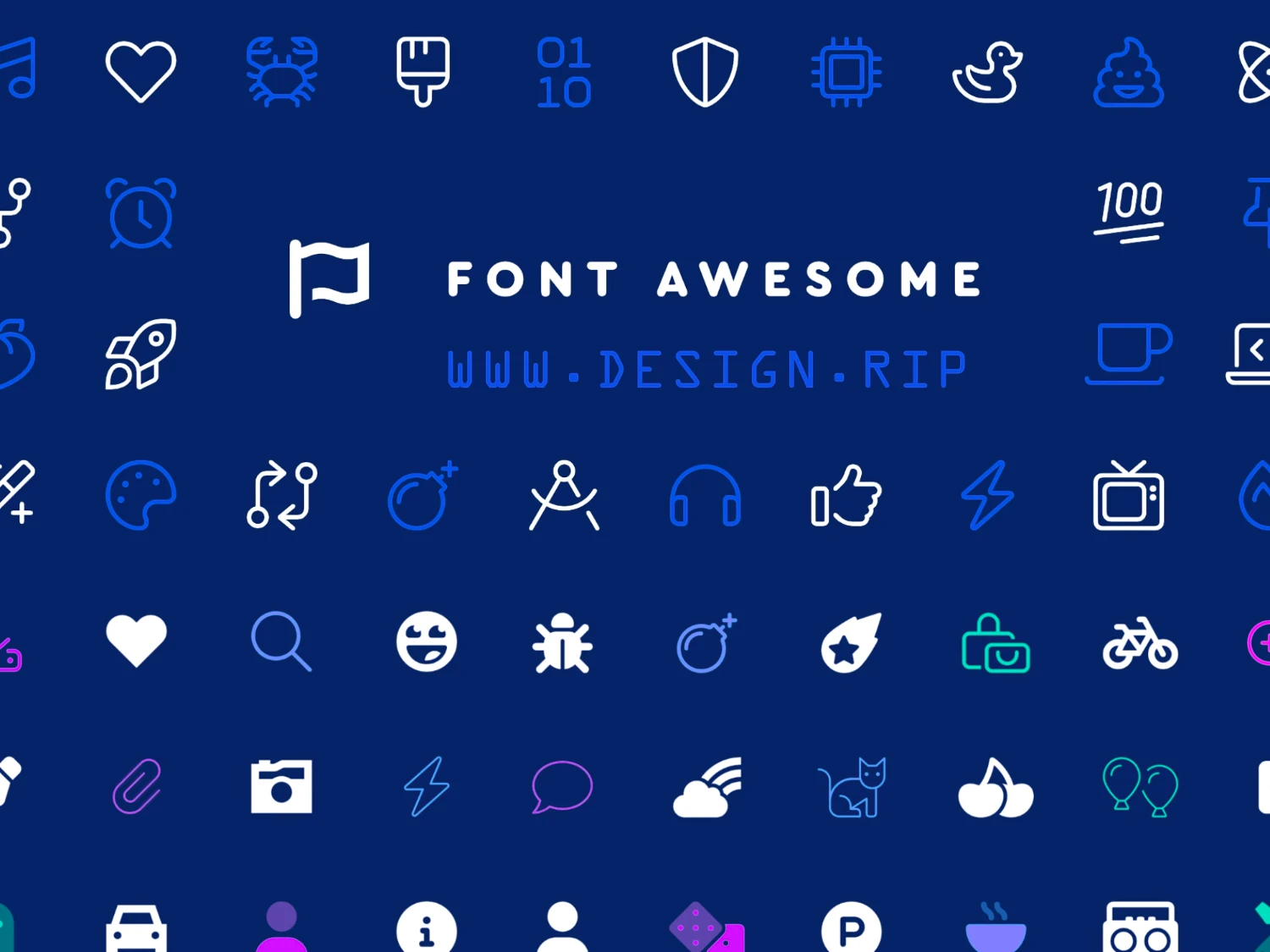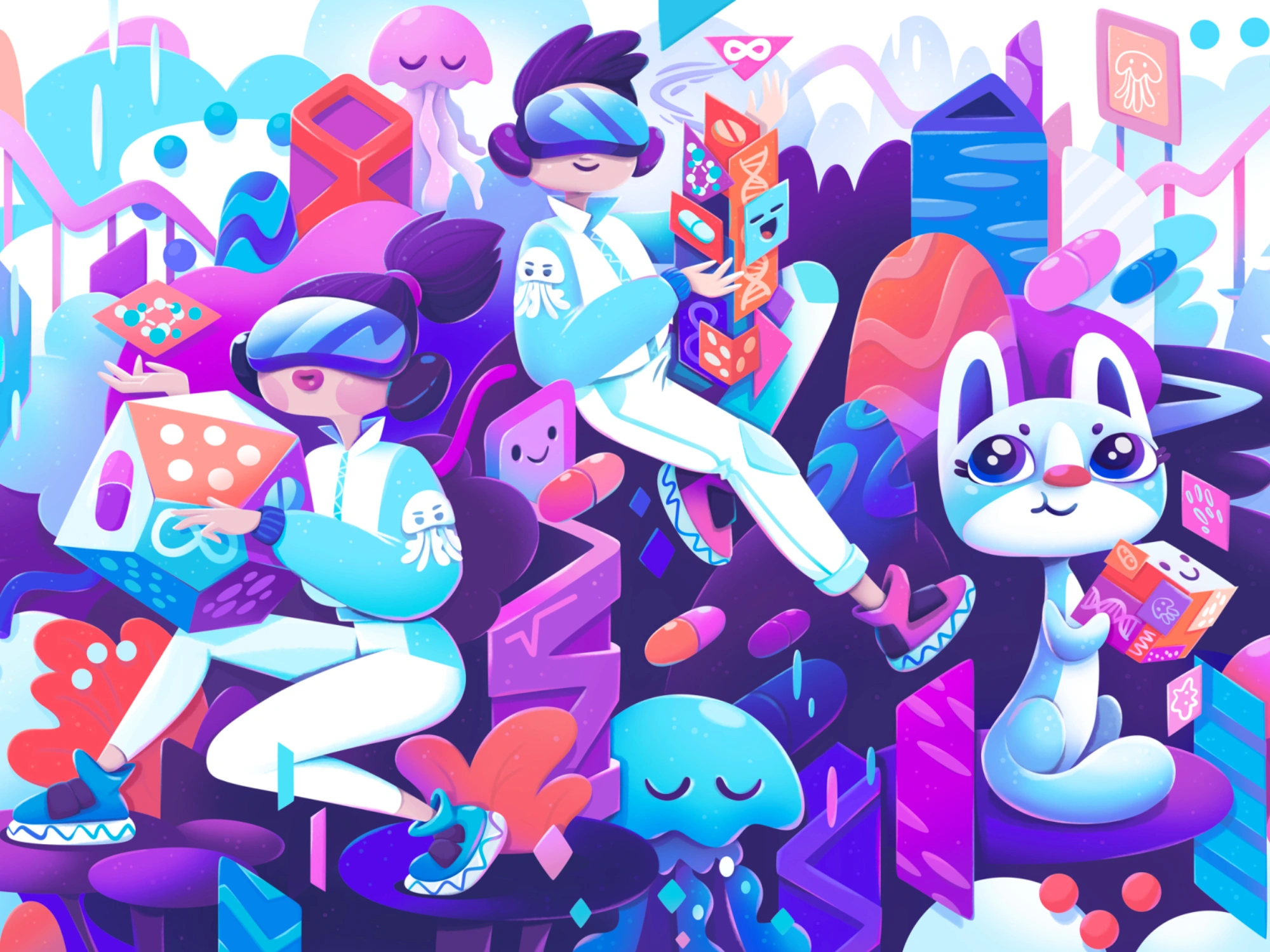How to stay competitive as a designer in the age of artificial intelligence
The development of artificial intelligence (AI) is transforming many professions, and interface design is no exception. AI can automate routine tasks, generate basic layouts and even perform some types of testing. However, the ability to adapt and utilise unique human skills can ensure interface designers a secure place in the digital future. Here are some tips to help you remain a vital part of your design team.
The development of artificial intelligence (AI) is transforming many professions, and interface design is no exception. AI can automate routine tasks, generate basic layouts and even perform some types of testing. However, the ability to adapt and utilise unique human skills can ensure interface designers a secure place in the digital future. Here are some tips to help you remain a vital part of your design team.
1. Develop empathy and user understanding
Artificial intelligence can analyse data, but it can't fully understand human emotions and feelings. Your ability to empathise with users and understand their needs and concerns is key. Develop in-depth user interviewing skills, create detailed user portraits and usage scenarios to better understand and anticipate user needs.
2. Focus on the creative aspects of design
Artificial intelligence is good at analytical tasks, but creativity and innovation remain a human strength. Improve your ability to create unique visual concepts, experiment with new design trends and implement innovative solutions that may not be obvious to AI algorithms.
3. Explore new technologies and tools
Stay abreast of the latest developments in the world of technology and design. Use AI as a tool to help you be more productive, but don't let it replace your creativity. For example, use design generation tools to quickly create prototypes, but add your own tweaks and ideas to give the final product personality.
4. Improve your communication and presentation skills
Designers often act as a liaison between technical teams and end users. Develop your communication skills to effectively present your ideas and solutions to colleagues, management and clients. Your ability to articulate your thoughts in a reasoned and clear manner can be a deciding factor in the acceptance of your design.
5. Broaden your horizons
Don't limit yourself to interface design. Expand your knowledge of UX, interaction, animation, content strategy and other related disciplines. This will help you understand the broader context of projects and provide more comprehensive solutions.
6. Be proactive in solving problems
Artificial intelligence can identify trends and problems, but developing strategic and creative solutions is left to humans. Demonstrate your ability to adapt, consider multiple factors and solve complex design problems.
7. Support community and knowledge sharing
Be an active member of the design community. Share your knowledge, write articles, speak at conferences and give workshops. Not only will this help you maintain your reputation as a thought leader, but it will also help you develop your career.
Last word
Artificial intelligence is changing the way many professions work, but it will not replace human creativity, empathy and intuition. AI is just one of many tools that, when used professionally, can increase your value in the labour market. Your continuous development, your ability to adapt and to offer something new and meaningful can ensure that you remain an indispensable member of any team.
What's Your Reaction?














![[VIP] DesignCode: Build Beautiful Apps with GPT-4 and Midjourney](https://design.rip/uploads/cover/blog/designcode-gpt4.webp)
![[VIP] AppCoda: Mastering SwiftUI - Professional Packet (Updated 04.2023)](https://design.rip/uploads/cover/blog/appcoda-mastering-swiftui-professional-packet-worth.webp)
![[VIP] AppCoda: Beginning iOS Programming with Swift (Updated 04.2023)](https://design.rip/uploads/cover/blog/appcoda-beginning-ios-programming-with-swift.webp)
![[VIP] Whoooa! 156 vector Lottie animations](https://design.rip/uploads/cover/blog/whoooa-156-vector-animations.webp)







![[VIP] Motion Sound Vol. 1](https://design.rip/uploads/cover/blog/designrip-svx.webp)

